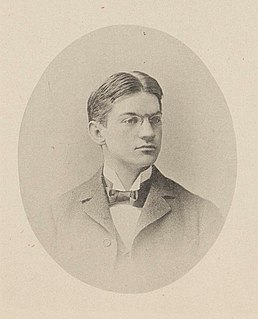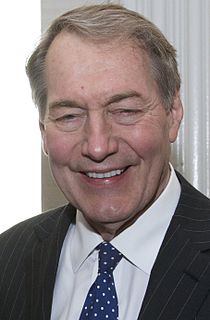A Quote by Margaret Fuller
Would that the simple maxim, that honesty is the best policy, might be laid to heart; that a sense of the true aim of life might elevate the tone of politics and trade till public and private honor become identical.
Related Quotes
I have to say I'm all for public flogging. One type of criminal that a public humiliation might work particularly well with are the juvenile delinquents, a lot of whom consider it a badge of honor to be sent to juvenile detention. And it might not be such a cool thing in the 'hood to be flogged publicly.
My reason for fixing them in office for a term of years, rather than for life, was that they might have an idea that they were at a certain period to return into the mass of the people and become the governed instead of the governors which might still keep alive that regard to the public good that otherwise they might perhaps be induced by their independence to forget.
I stepped onto the spiritual path moved by an inner sense that I might find greatness of heart, that I might find profound belonging, that I might find a hidden source of love and compassion. Like a homing instinct for freedom, my intuitive sense that this was possible was the faint, flickering, yet undeniable expression of faith.
Now it is worth noticing two things about the private substitutes that I have described. The first is that in the aggregate they are probably much more expensive than would be the implementation of the appropriate public policy. The second is that they are extremely poor replacements for the missing outcomes of good public policy. Nevertheless, it is plain that the members of a society can become so alienated from one another, so mistrustful of any form of collective action, that they prefer to go it alone.

































